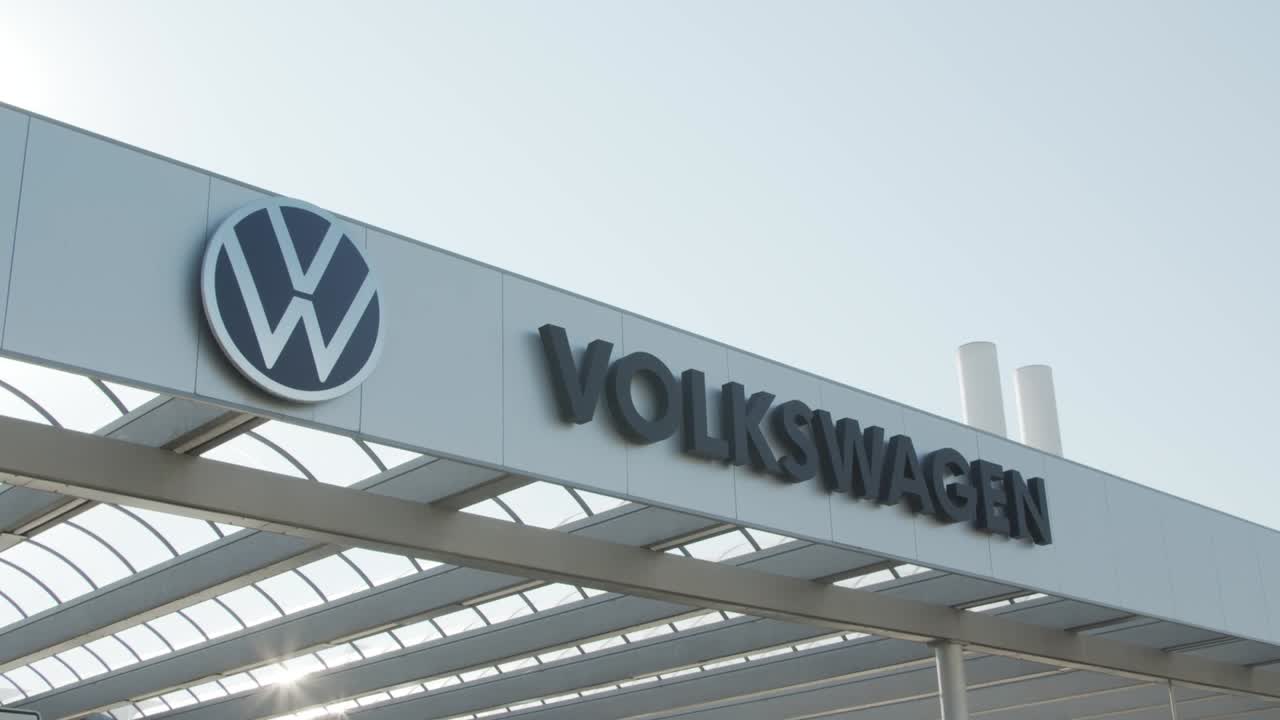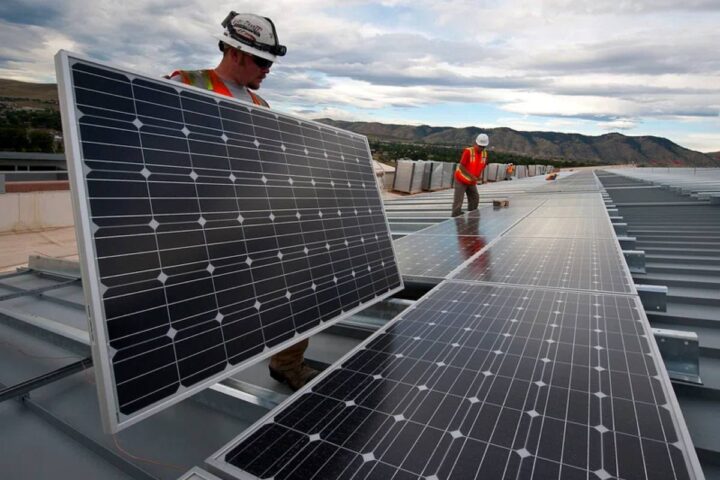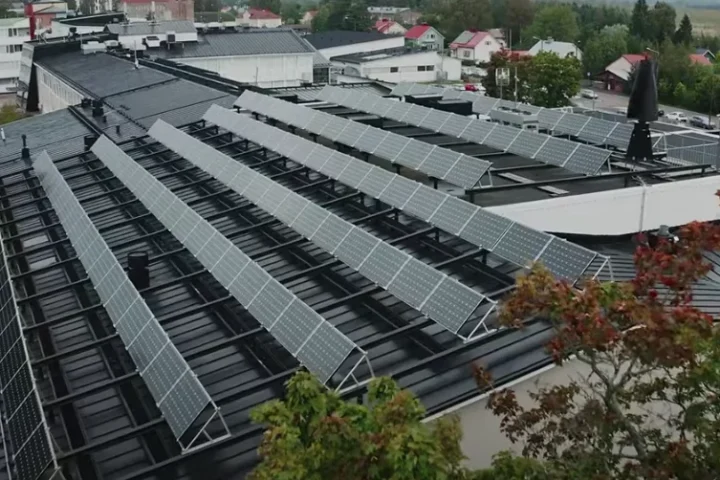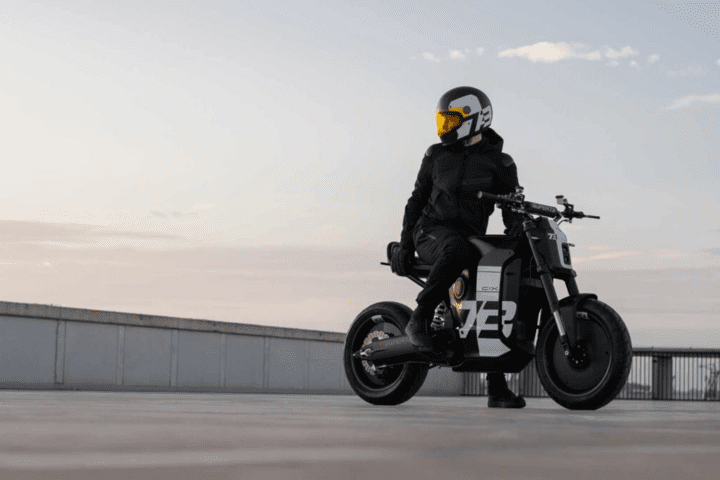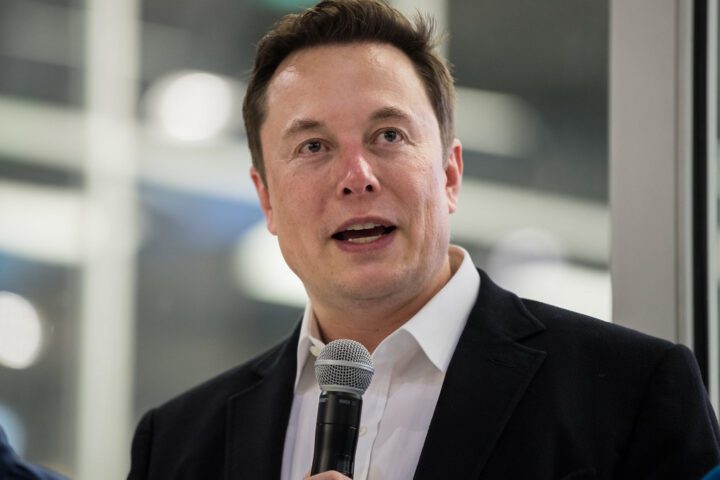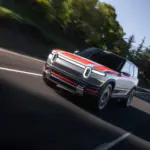Volkswagen has shut down its factory in Nanjing, China, marking the first time the German automaker has completely closed a plant in the country. Production has already stopped, with the facility set to officially close later this year.
The 17-year-old plant, which opened in 2008, made popular models like the Volkswagen Passat and Skoda Superb. Workers will no longer build these cars at the site, which could produce up to 360,000 vehicles yearly. Passat production will move to another factory in Yizheng, about 70 kilometers away in the same province.
“SVW Nanjing Plant has ended production,” a Volkswagen spokesperson confirmed. The company explained they’re converting many of their Chinese factories to build electric vehicles instead of traditional gas-powered cars.
Why close the plant? Its location in central Nanjing, a bustling city of nine million people, made expanding difficult. Converting this urban factory to build electric cars would cost too much compared to other sites.
Similar Posts:
More importantly, Chinese car buyers increasingly prefer electric vehicles made by local companies. Despite selling 523,000 vehicles in the first half of 2025 (a slight 2.3% increase), Volkswagen continues losing ground to Chinese competitors.
Chinese automaker BYD, which overtook Volkswagen as China’s top-selling car brand in 2023, sold over 382,500 vehicles in June 2025 alone. Their total sales for the first half of 2025 reached 2.1 million – a 33% jump from last year.
This closure doesn’t mean Volkswagen is leaving China. In fact, SAIC and Volkswagen extended their partnership until 2040 last year. The company is speeding up its electric vehicle plans with new models like the ID.4X Smart Edition, ID.3 Smart Edition, and ID.3 GTX.
Later this year, they’ll launch the Audi E5 Sportback, their first electric vehicle using a new Advanced Digitized Platform, offering up to 770 kilometers of driving range.
Looking ahead, Volkswagen is following an “In China, for China” strategy. Starting in 2026, they will use a new “China Electronic Architecture” for locally built electric cars. By 2030, they plan to introduce over 20 new vehicles, including fully electric models and hybrids.
Volkswagen is not alone in struggling. Stellantis, which makes Jeep, is filing for bankruptcy through its Chinese joint venture with GAC Group – another sign of foreign automakers’ challenges in a market now dominated by local electric vehicle brands. As China’s car industry rapidly shifts to electric vehicles, with sales of electric and hybrid models jumping 43% in recent months, global automakers must adapt quickly or lose more ground in the world’s largest car market where fierce price competition among Chinese manufacturers continues to intensify.
